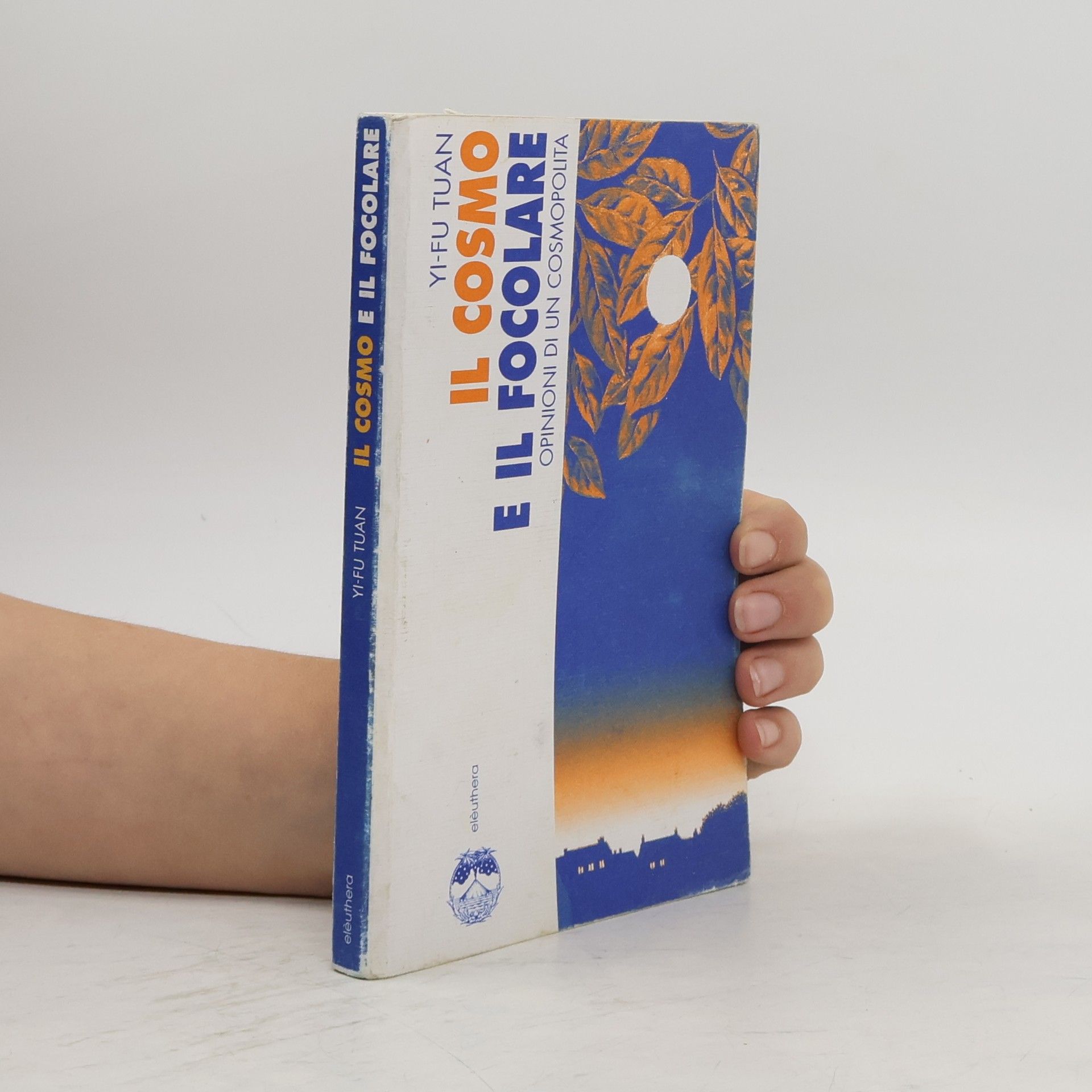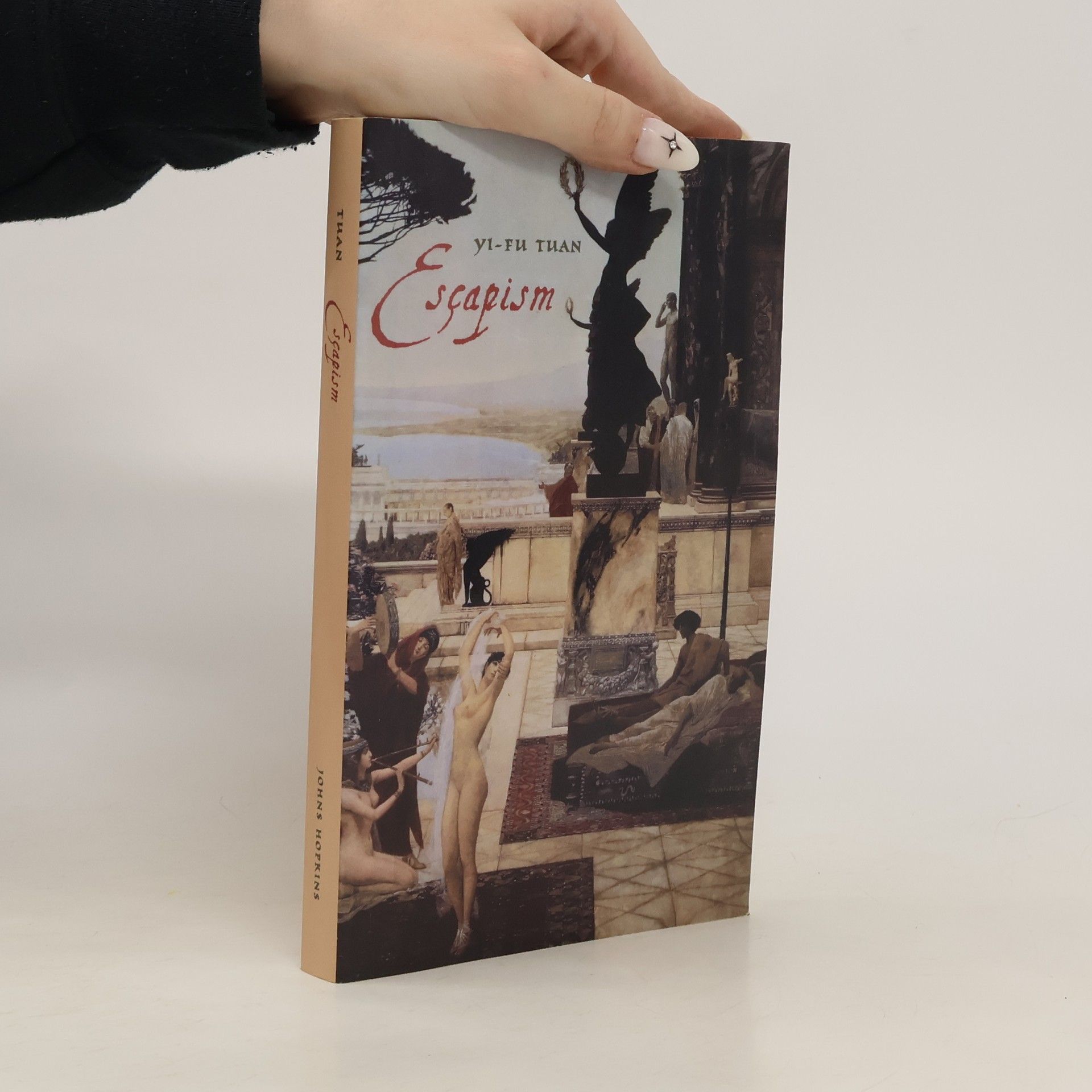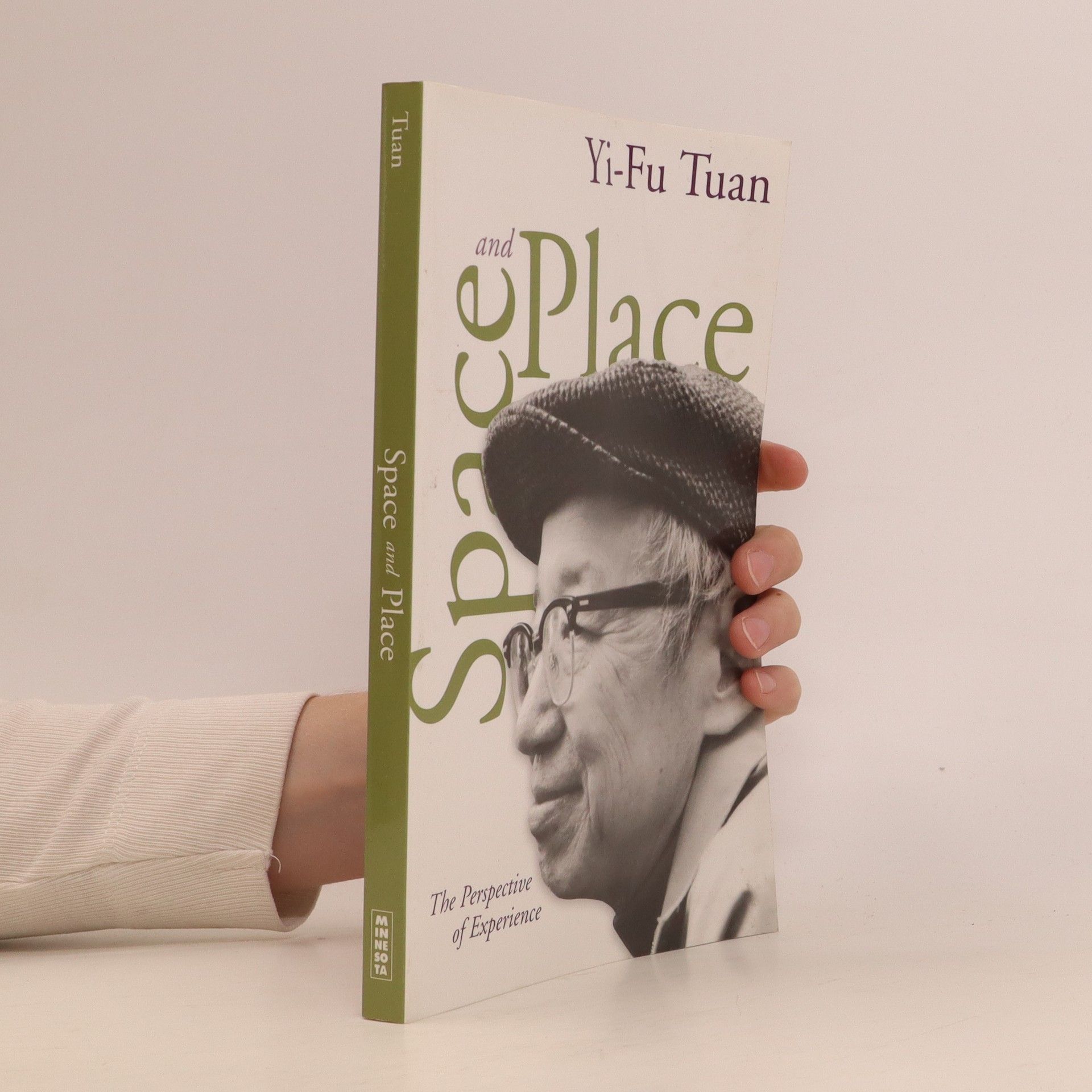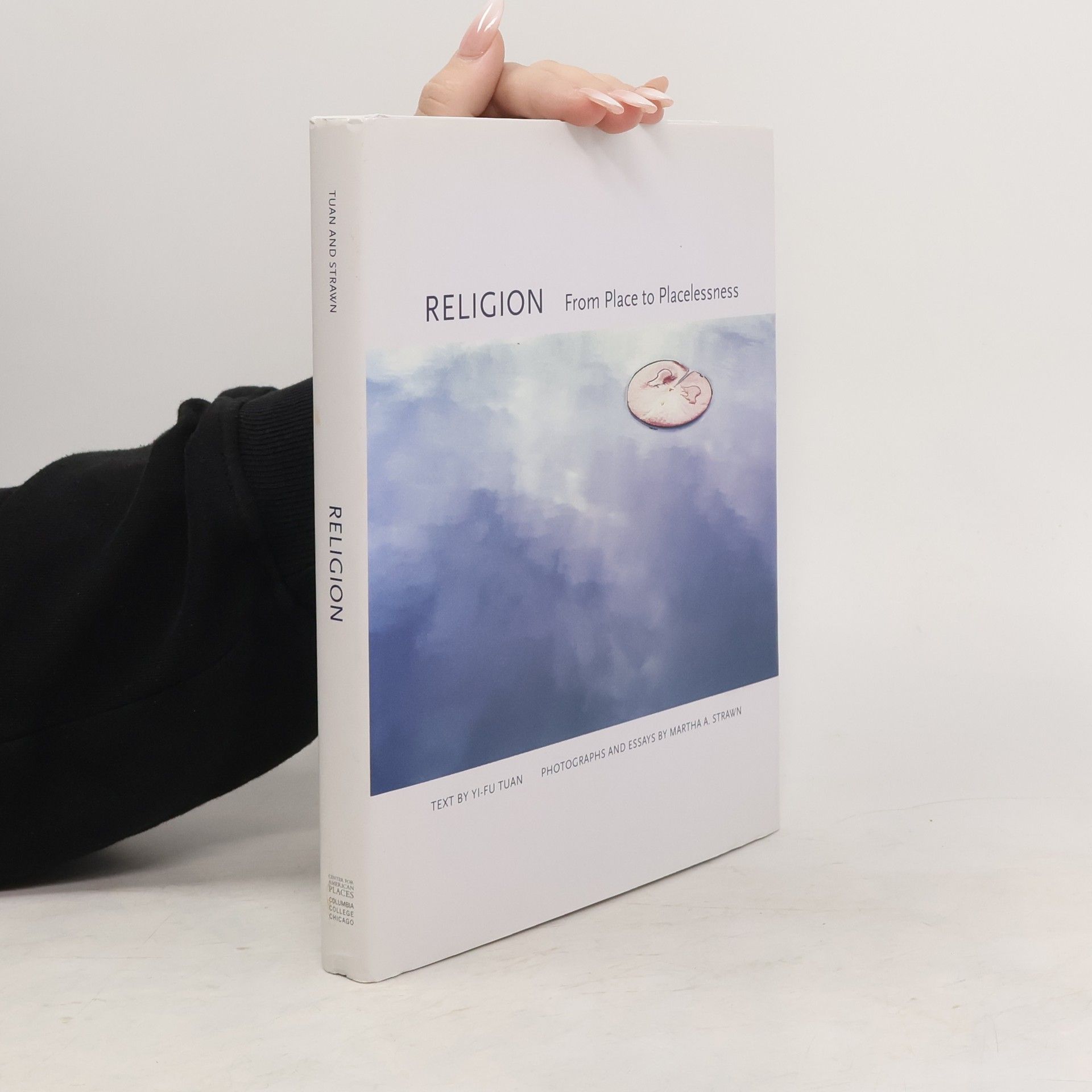What does it mean to be religious in the modern world? This is the question posed by well-known human geographer, Yi-Fu Tuan in Religion: From Place to Placelessness. In this, the latest book in his long and distinguished career, Tuan turns to this specific challenge, which has been a uniting current in much of his previous work. To illustrate the modern meaning of religion, Tuan calls on the work of photographer-artist Martha A. Strawn, whose impressive gallery of photographs from around the world concludes the book.Religion, Tuan argues, is a perennial quest for safety, certainty, and spiritual elevation that began oriented in place and particular cultural practices; but, in its highest reaches, religion moves toward universalism and placelessness. Drawing examples from both Christian and Buddhist traditions, Tuan explores, with his characteristic grace, sensitivity, and insight, the ultimate placelessness of religious experience. Tuan’s meditations combine with the elegance of Strawn’s photographs to create a book that is both thought-provoking and quietly beautiful.
Yi-Fu Tuan Book order (chronological)
Tuan Yi-Fu is a Chinese-American geographer whose work explores landscape as a mirror of human culture and identity. He investigates how people perceive and make sense of the world around them, and how these perceptions shape our relationship with place. His influential studies demonstrate that geography is not merely about the physical attributes of the Earth, but fundamentally about human experience and interpretation.




Space and Place
- 496 pages
- 18 hours of reading
In the 25 years since its original publication, Space and Place has not only established the discipline of human geography, but it has proven influential in such diverse fields as theater, literature, anthropology, psychology, and theology. Eminent geographer Yi-Fu Tuan considers the ways in which people feel and think about space, how they form attachments to home, neighborhood, and nation, and how feelings about space and place are affected by the sense of time. He suggests that place is security and space is freedom: we are attached to the one and long for the other. Whether he is considering sacred versus "biased" space, mythical space and place, time in experiential space, or cultural attachments to space, Tuan's analysis is thoughtful and insightful.
Escapism
- 264 pages
- 10 hours of reading
Acclaimed cultural geographer Yi-Fu Tuan considers humanity's enduring desire to escape reality— and embrace alternatives such as love, culture, and Disneyworld In prehistoric times, our ancestors began building shelters and planting crops in order to escape from nature's harsh realities. Today, we flee urban dangers for the safer, reconfigured world of suburban lawns and parks. According to geographer Yi-Fu Tuan, people have always sought to escape in one way or another, sometimes foolishly, often creatively and ingeniously. Glass-tower cities, suburbs, shopping malls, Disneyland—all are among the most recent monuments in our efforts to escape the constraints and uncertainties of life—ultimately, those imposed by nature. "What cultural product," Tuan asks, "is not escape?" In his new book, the capstone of a celebrated career, Tuan shows that escapism is an inescapable component of human thought and culture.